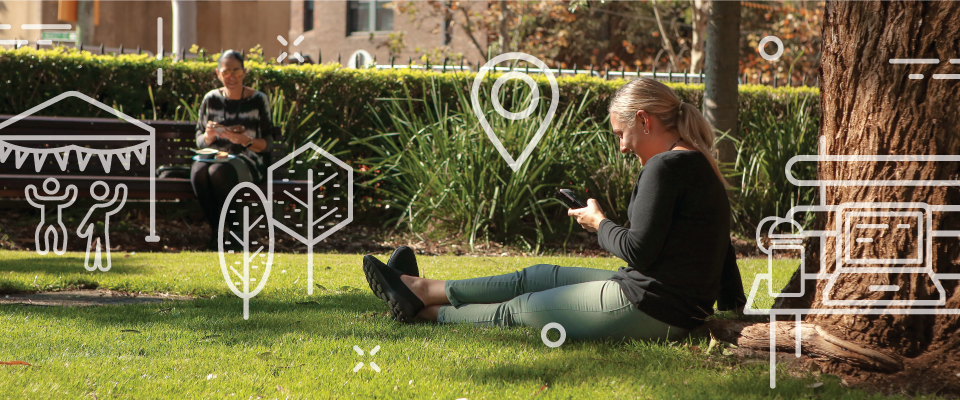The harmful effects of smoking tobacco are well-known and there is no safe level of exposure to second-hand smoke.
UNSW is committed to protecting its staff, students, contractors and visitors from all hazards including second-hand smoke. For this reason UNSW campuses has been entirely smoke-free from since 2014.
Being a smoke free university aligns UNSW’s world leading health education and research with best practice policy to encourage healthy behaviour by students and staff.
UNSW's smoke free policy
UNSW’s Smoke Free Environment Policy applies to all university grounds, including vehicles, boats and residential accommodation.This policy also applies to anyone on UNSW premises, including staff, students and visitors, so if you are hosting an event or meeting, or engaging the services of suppliers, please ensure they are made aware.
The University recognises that staff and students have a right to choose whether to smoke. However, the University also recognises that non-smoking staff and students have the right to work and study in an environment that is not polluted by environmental tobacco smoke.
The University has installed signage to clearly identify our campuses as being a smoke-free environment. Information is also made available to those smokers seeking assistance to quit.
Please help to keep UNSW a smoke-free environment by:
- refraining from smoking while on campus
- informing visitors that UNSW is smoke-free and seek their co-operation
- politely indicating to anyone smoking on campus that UNSW is smoke-free and directing them to smoke off campus.
How to reduce smoking
As an alternative to abruptly stopping ('cold turkey'), many treatment options are available to aid smokers to cease smoking. These treatments range from the provision of advice (such as telephone-based coaching) and intensive behavioural support (i.e. counselling) to pharmacological treatment including nicotine replacement therapies (delivered via adhesive skin patch, oral or nasal spray, chewing gum or lozenge), to prescription medications.
Students and staff should consult their preferred medical practitioner or health care provider to determine their most suitable treatment options.
- UNSW Medical and health service
- UNSW Employee Assistance Program (Benestar)
- UNSW Counselling and Psychological Services for advice and assistance.
Information packs, posters and pamphlets to assist persons wanting to quit smoking are available at:

